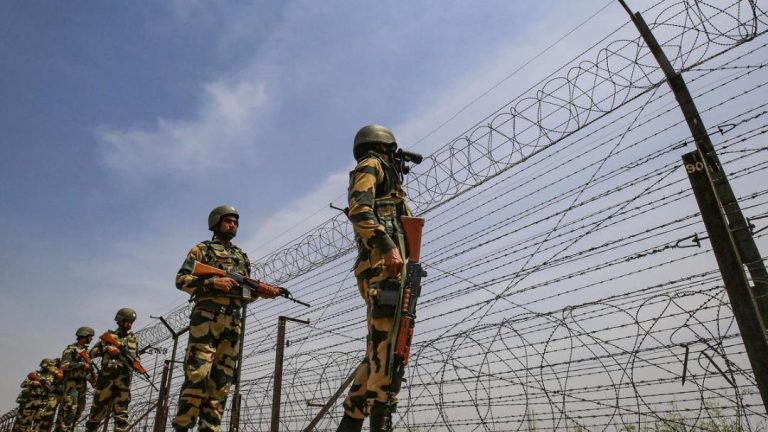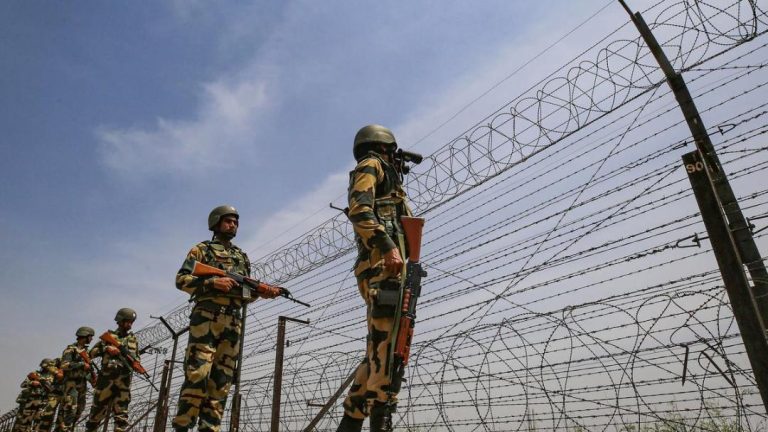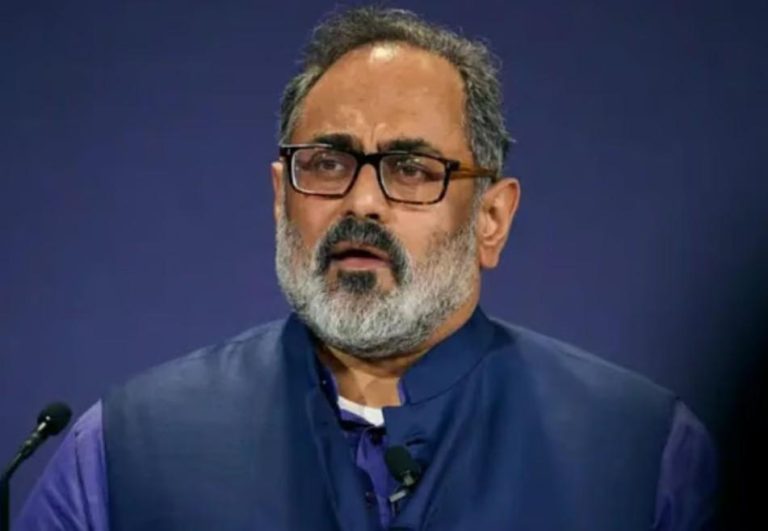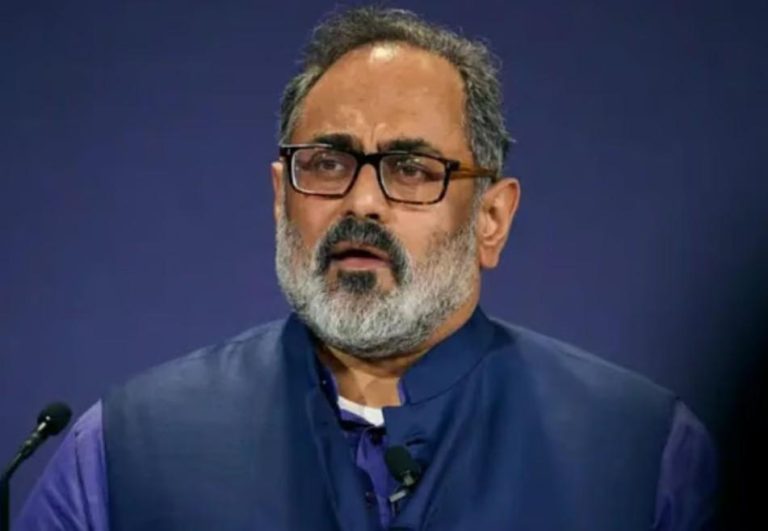
Indian National Jailed for 4 Years in Sri Lanka for Match-Fixing
The world of cricket has been reeling from the latest match-fixing scandal, with an Indian national being sentenced to four years in prison for his involvement in the 2024 Legends League T20 tournament in Sri Lanka. Yogi Patel, the accused, was found guilty of proposing to fix matches and was ordered to pay a hefty fine of SLR 85 million (approximately USD 450,000).
The incident has sent shockwaves through the cricket community, with many calling for stricter measures to prevent such corruption in the sport. The Sri Lankan court’s verdict is a stern reminder of the severe consequences that those involved in match-fixing can face.
According to reports, Patel was accused of proposing to fix matches during the 2024 Legends League T20 tournament, which featured several former international cricketers from Sri Lanka and other countries. The tournament was held in Sri Lanka in August 2024, and Patel was arrested in September of the same year.
The court’s verdict was delivered on December 15, 2024, and Patel was sentenced to four years of hard labor. He was also ordered to pay a fine of SLR 85 million and an additional SLR 2 million to Upul Tharanga, the chairman of the Sri Lanka selectors, for defamation.
Patel’s involvement in match-fixing was uncovered during a thorough investigation by the Sri Lankan cricket authorities, who worked closely with international cricket bodies to uncover the extent of the corruption. The investigation revealed that Patel had been in contact with several players and officials, offering to fix matches in exchange for large sums of money.
The Sri Lankan cricket authorities have been at the forefront of the fight against match-fixing, and this verdict is a significant victory in their efforts to clean up the sport. The country has been plagued by match-fixing scandals in the past, and the authorities have been working hard to restore the integrity of the game.
The Indian cricket authorities have also been swift in their response to the scandal, condemning Patel’s actions and pledging to work closely with Sri Lanka to prevent similar incidents in the future. The Board of Control for Cricket in India (BCCI) has launched an investigation into Patel’s involvement in match-fixing, and several players and officials have been questioned as part of the probe.
The match-fixing scandal has also raised questions about the role of bookmakers and betting agencies in the sport. Cricket is one of the most popular sports in the world, and it is estimated that billions of dollars are wagered on matches every year. The ease with which bookmakers can manipulate the outcome of matches has made match-fixing a lucrative business, and it is a challenge that the cricket authorities must tackle head-on.
The verdict in the Sri Lankan court is a significant step towards reducing match-fixing in cricket. It sends a strong message to those involved in the sport that corruption will not be tolerated, and that those who engage in match-fixing will face severe consequences.
In conclusion, the sentencing of Yogi Patel to four years in prison for match-fixing is a welcome development in the fight against corruption in cricket. It is a reminder that the sport is not immune to corruption, and that it is up to the authorities, players, and officials to work together to prevent such incidents in the future. The cricket world must learn from this scandal and work towards making the sport cleaner and more transparent.






